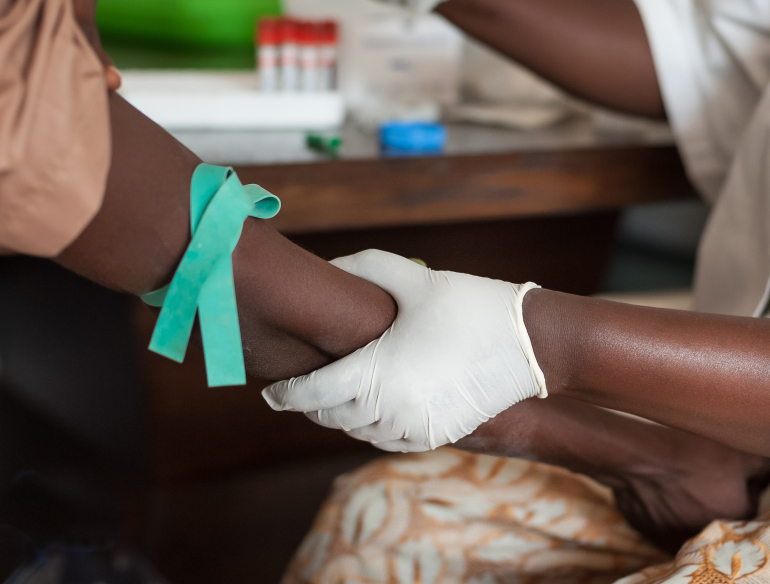The Global Health Program carries out multidisciplinary research and related activities aimed at improving the health of populations at higher risk of adverse health outcomes in Australia and in low- and middle-income countries.
Our multidisciplinary team includes expertise in public health, impact evaluation, epidemiology, social science, implementation science intervention trials, capacity building and empirical bioethics. Our research aims to understand the socio-cultural and structural contexts that impact health and well-being, in order to inform the effective implementation of public health interventions and other actions.
We design and evaluate novel strategies to control infectious diseases and to improve sexual, reproductive and maternal health. Our infectious disease research addresses sexually transmissible infections, including human papillomavirus, HIV, chlamydia, gonorrhoea, syphilis, and HTLV-1; tuberculosis; COVID-19; malaria; and the neglected tropical diseases including scabies, soil transmitted helminths, schistosomiasis, trachoma, lymphatic filariasis and yaws.
Our research and related activities are co-designed and conducted in partnerships involving local stakeholders, government, affected communities, other research organisations and international collaborators, to ensure ongoing dialogue, shared understanding of research processes and outcomes, and the creation of new knowledge that informs policy and practice.
We are involved in collaborative research projects in Australia and countries of the Pacific, South East Asia and Africa.


























